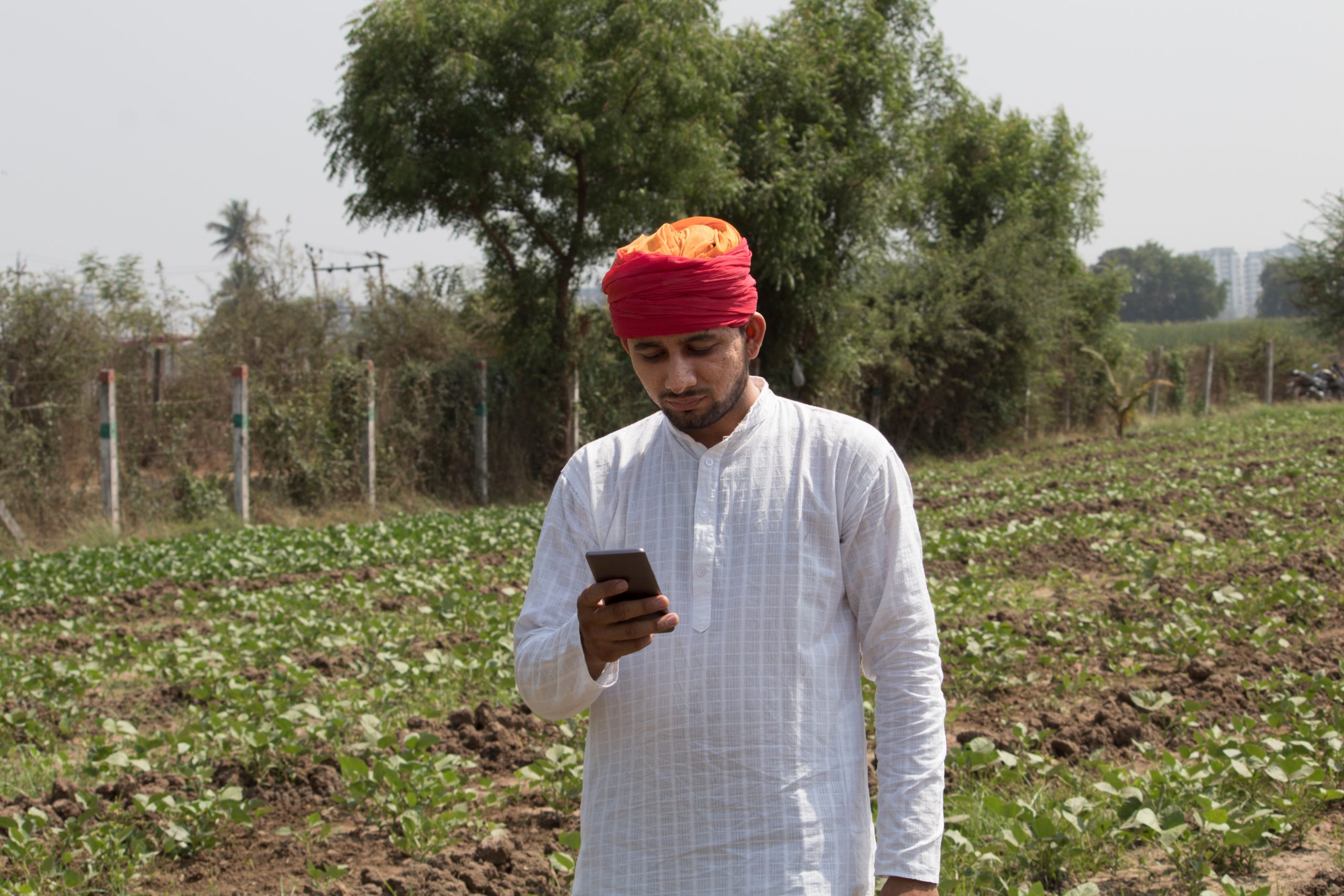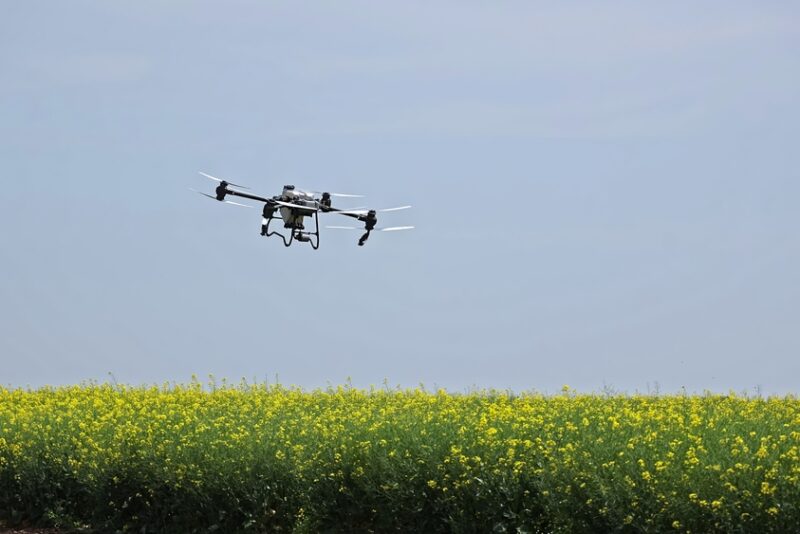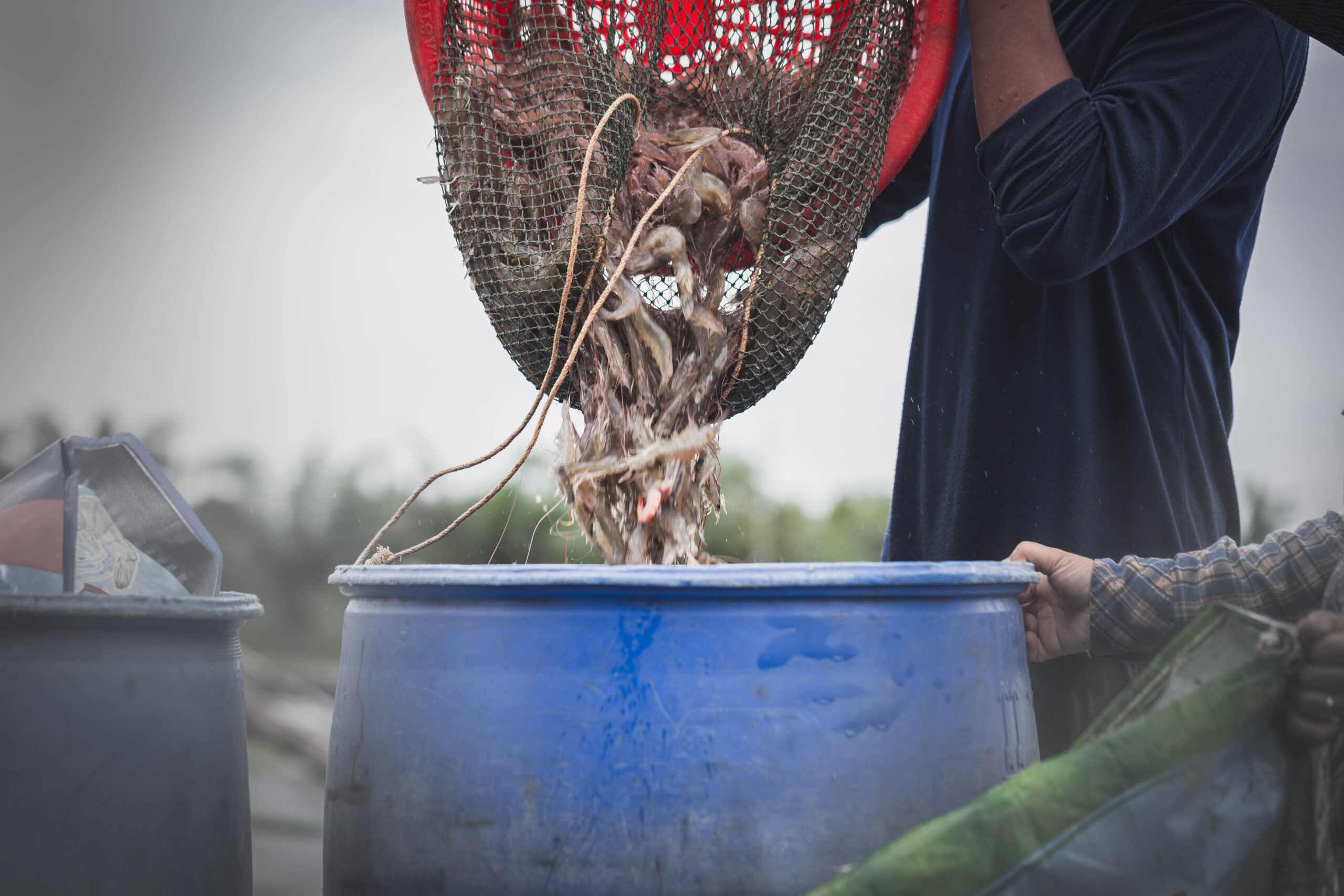Conducting Research through Mobile Phones in a Pandemic

The COVID-19 pandemic has revolutionized the face of field research in the era of mobile phones and the internet. While in-person interviews provide an opportunity to researchers for extensive interactions with participants in any study, to reduce the risk of viral transmission, some researchers have resorted to using phone surveys as a cost-effective method for data collection.
I started my journey at TCI with the expectation of conducting in-person field research in the third year of my doctoral studies. But given the current circumstances under the global pandemic, my research has been delayed and I’ve opted to undertake a project that leverages the use of mobile phones for data collection.
Advantages of Data Collection Through Mobile Phones
With the expansion of mobile phone network coverage and the subsequent reduction in prices of inter-state phone calls and mobile internet access, phone surveys provide a cost-effective method to collect timely data over wide-spread geography. Enumerators can collect data from a questionnaire over the phone just as they would for in-person interviews, thereby increasing their reach without increasing the marginal costs of interviewing additional participants.
Most importantly, phone surveys provide a safe way to collect data while avoiding in-person contact. This is crucial because most development researchers in India are based in urban areas, which have higher COVID-19 infection rates, and so could spread the virus while conducting in-person interviews.
Additionally, an innovative way to collect data through phones is to ask participants to enter their data themselves while using GPS to geo-code the data entries. This method can be useful for understanding spatial patterns in output and input prices, input availability, and so on.
Pitfalls
However, there are some limitations to consider regarding the effectiveness of data collection through phones.
First, there can be more attrition than in-person interviews, since it is much easier to hang up on interviewers or not answer phone calls than it is to decline an interview in person. One strategy researchers adopt to deal with this is to conduct in-person baseline interviews to build a rapport between the enumerators and participants, hopefully increasing the response rates in follow-up phone surveys. Another approach is to call ahead and make an appointment for when the participants would be available to take the interview.
While phone surveys come with their own set of disadvantages, a well-thought-out research design can attempt to address most of them.
Additionally, areas with weak mobile phone coverage tend to be excluded from surveys because of lack of accessibility, thereby reducing the external validity of the study. While the last few years have seen a tremendous increase in mobile networks, there still exist a few areas that have not seen enough improvement in network quality.
My Research Plan
My project is based on testing the impact of the messenger service Whatsapp on agriculture technology adoption in the southern Indian states of Andhra Pradesh and Telangana. Consequently, I will be hiring a team of enumerators who will primarily interview participants by phone instead of traveling village-to-village to collect data.
To reduce attrition, I plan to use both strategies discussed above: conducting in-person baseline surveys and making appointments for follow-up interviews by phone. By limiting in-person interviews to the initial round of surveys, I hope to limit the risks of COVID-19 infection while ensuring robust results.
While asking participants to enter their own data on their phones can be useful, it also requires participants to be more digitally fluent, which is more likely in urban or semi-urban regions. Since my project focuses on farmers in rural areas, this method may exclude important segments of the population and so I do not incorporate it.
Pushing Through the Pandemic
The importance of mobile phones has become even more evident during the pandemic, as they have helped in continuing research while preventing a greater risk of infection in rural communities. While phone surveys come with their own set of disadvantages, a well-thought-out research design can attempt to address most of them. By focusing my research plans on a phone-based study, I will hopefully be able to answer my research questions under the time constraints of a PhD candidate living through COVID-19.
Vanisha Sharma is a TCI scholar and PhD candidate studying applied economics and management at Cornell University.





